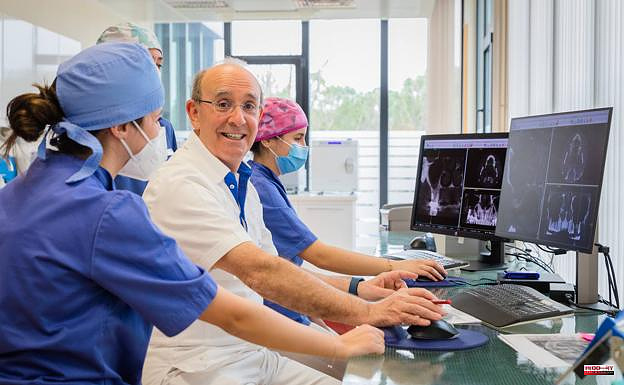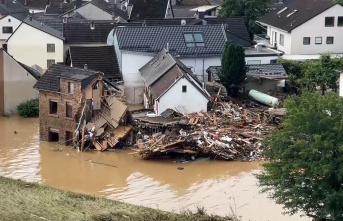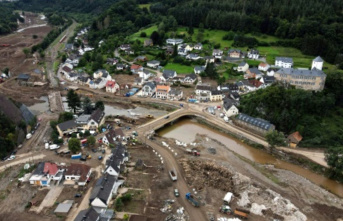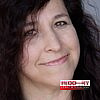Eduardo Anitua (Vitoria 1956) was awarded the 2021 National Innovation Award by the Ministry of Science and Innovation. The jury found that the Alava-based stomatologist, who founded the Biotechnology Institute (BTI) in 1999, embodies an "exceptional spirit of innovation at the service of people, and the improvement of their quality of life and health."
- This award recognizes an "innovative path". How did it all start?
It was founded 33 years ago in order to answer questions that were raised in clinical practice.
Questions about what type?
- I remember wondering why certain patients healed well after surgery and others had a reduced regenerative ability. How can you get everyone to heal well? We began to investigate the biological mechanisms that underlie tissue regeneration. In terms of tissue regeneration, we are referring to a time when all you had to do was cut off the tail of a lizard and it would grow back.
They were moving forward.
1995 was the year we began clinical research. Parallel to this, oral implantology was also born. It was the first European practice and we did our research.
- Is this about healing wounds?
Regeneration is more important than healing. To heal, you create fibrous tissue around the injury. To regenerate is to restore the original tissue. A bone callus is formed when there is an injury to the bones. If it is in a muscle let it regenerate. If it's on the skin let it be skin.
How does it happen?
- We found that certain proteins in blood are involved in tissue regeneration. We gave them the name growth factors at the end of last century. These are biochemical signals that inform a pluripotent cell that it must become bone, cartilage, or skin.
Eduardo Anitua after receiving the National Innovation Award of the Kings / ef
It's magic!
- It's biology. It was magic 50 years ago. We now know how to understand the biological mechanisms behind tissue regeneration.
- Did you know that the things you discovered would be useful in areas such as facial rejuvenation when you first started?
- I knew that we had accomplished something when we started to see the results.
He founded the BTI in 1999. It combines clinical practice and research. How many investigators are you able to count on your hands?
About 400 people work at the BTI, 300 of them in Vitoria. Over 50 people are dedicated to research in a multidisciplinary team that includes computer engineers, mechanical engineers and doctors. We have offices in eight different countries, as well as a presence in over forty.
Your laboratory was the Spanish company with the highest scientific production in 2017.
- Since 2006 or 2007, we have been the biomedicine company that has produced the most scientifically advanced products for at least six to seven years.
- Is that possible?
- Double bass. While we look for an answer to a question in science, medicine requires us to also look for evidence that it has a solid scientific foundation. It can take you up to ten years to accomplish this.
Private money accounts for 90% to 90% of the BTI's investment in research and development. Industrialization of knowledge is Spain's greatest challenge. Although it is great to investigate, the goal is not to get a good article in an excellent magazine. It is about getting the information to the patient. It is our responsibility to ensure that innovation reaches society.
- How can knowledge be industrialized?
- There is a lot talent in Spain's Basque Country but not many opportunities to develop it. These opportunities not only exist in publicly funded laboratories but also in an industry that develops and transfers that knowledge to society. It is possible to also export the knowledge, such as the BTI.












